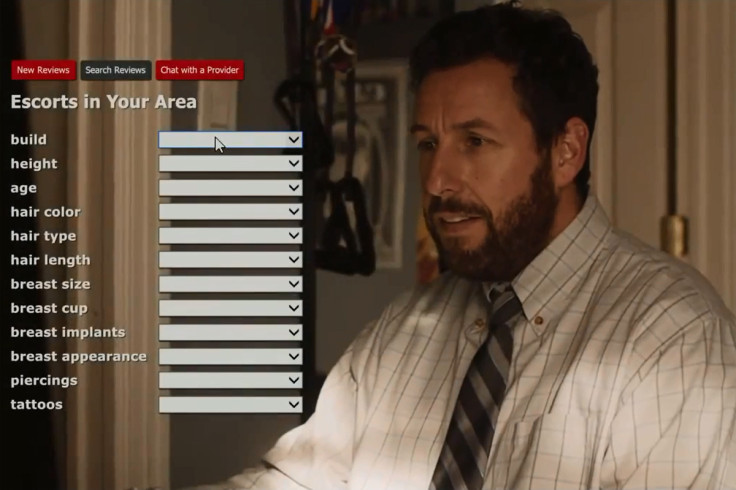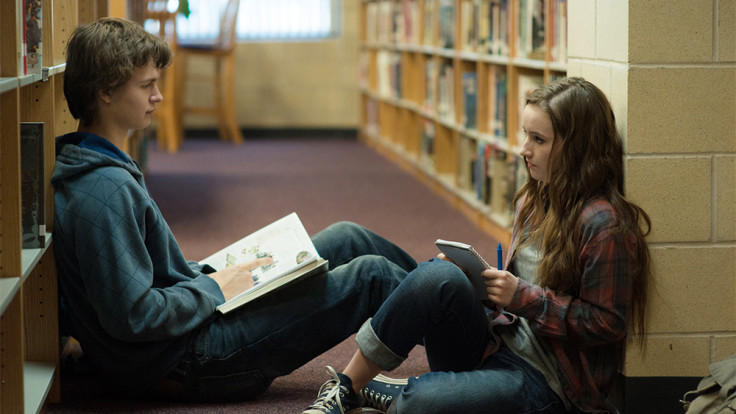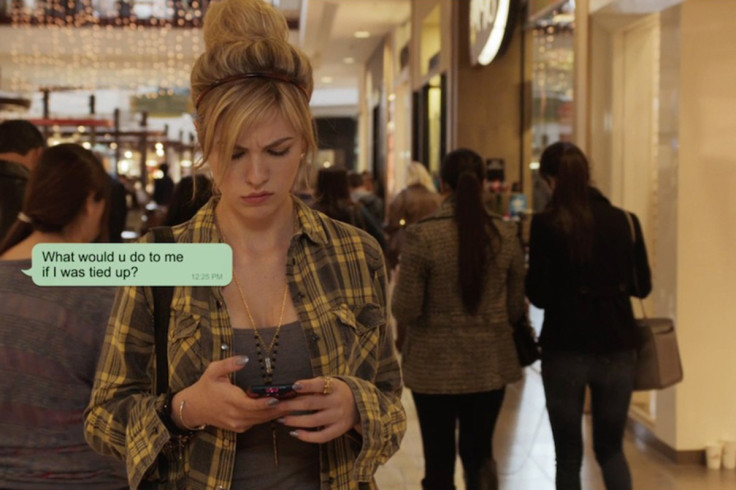Men, Women & Children Review: First World Problems - The Movie

Teenagers, middle-aged people and the internet are all a bit f**ked up. There, I just spared you two hours of your life watching Jason Reitman's Men, Women & Children.
Chances are you already know that people have their share of personal problems, because it's true, because it's obvious. You don't need a preachy Hollywood awards-hopeful to tell you about it.
The film's pitch is simple: how does technology affect modern day relationships? That is subject matter ripe for a biting satire, but instead Reitman – who shot to fame with Juno and won acclaim with Up In The Air – turns it into a dreary tale of depression and sex in suburbia with little resolution and a lot of on-screen text message and web-browsing graphics.
When I first saw that trope – famously used in BBC drama Sherlock – I thought it was a neat trick, a nice visualisation of modern communication that works on screen. Here it is used heavily and often with poignant intentions. When it's not, it's being used to provide some of the laughs which are scattered throughout the film. Most of these are simple laughs of recognition – "Ha! I do that", "Chortle! That's what I would have done!" – rarely any actual jokes.

Men, Women & Children tries far too hard to be relatable. It is relatable in its representation of the modern world, but it's too bogged down in being lecturing to really stick with you or bring about any great realisation.
This desire to be relatable extends to the characters, a large ensemble of high school students and their parents, each defined by a web-related trait or fault. Being an ensemble, the story is spread thin and the resolutions to these stories spread even thinner. When the characters are either terrible people or we don't spend enough time with them to really understand or root for them, there's really little to care about or be invested in.
Really, the characters are little more than caricatures – there's the cheerleader who dreams of fame and posts pictures of herself modelling online, the formerly obese girl with an eating disorder who seeks help in staying thin from strangers online, a married couple with a dormant love life, a woman overly-fearful of the web and a father and son who can't connect following the mother's departure.
They're served well by the cast – who do well despite the aimless nature of the plot – and the script too has a smattering of charm which is carried off well by Judy Greer and youngster Olivia Crocicchia in particular. The majority of the young cast also do well, but are a bit too mopey and monotonous. The same goes for Adam Sandler who spends most of the film speaking in depressing tones and looking up online porn.

Emma Thompson supplies a dry narration over a clumsy framing device for the story, her tone not helping the feeling of being lectured by writers Reitman and Erin Cressida Wilson, who work from the book by Chad Kultgen.
Then there's Jennifer Garner, whose overbearing, fearful, tabloid-soaked mind wreaks havoc over other people's lives with little concern. The character really represents the film's whole attitude, which becomes noticeable when the biggest laughs come from other characters mocking her.
Everyone in the film is essentially a cliché, resembling one-dimensional characters in a government-produced instructional video warning parents of THE PERILS OF MODERN TECHNOLOGY. That kind of warning is the film's premise, but it's not quite the message. The message is that everyone has their problems, that your parents are more likely to mess you up than anything else and that young people today make the same mistakes off and online that everyone has been making since the dawn of time.
Which brings us to the ending, which has a glimmer of hopefulness, but not so much as to leave the film on a hopeful note. By and large the characters end up more depressed than when they started. Bummer.
To get a flavour for this film's general tedium, try to picture some of the film's climatic scenes in which Adam Sandler makes omelettes, Jennifer Garner unplugs a USB device and Hank from Breaking Bad attempts to play a video game on his son's PC. A scene I found strangely reminiscent of the apes in 2001: A Space Odyssey using tools for the first time. Sorry Hank.
Men, Women & Children wants to be poignant but ends up pointless; a self-important drama that would rather look at itself in a mirror than hold one up to the world it so happily chastises.
© Copyright IBTimes 2025. All rights reserved.






















